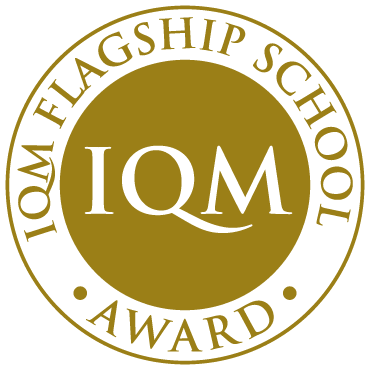Science
Topics studied at KS3
We teach Key Stage 3 within two years rather than the more traditional three years. Students have nine lessons of science every two weeks and study a wide variety of units covering Biology, Chemistry and Physics.
Topics covered in Year 7
Cells
Reproduction
Differences
Classification
Acid reactions
Particles
Elements and Compounds
Chemical reactions
Electricity and Magnetism
Energy
Forces
Space
Topics studied in Year 8
Life support
Keeping Healthy
Environment & Photosynthesis
Shaping life
Inside Materials
Metal reactions
What’s in rocks
Heating and cooling
Light
Sound
Forces
KS4:
Examination board: AQA
At KS4 students follow either the Combined Trilogy course leading to two qualifications or Separate Science course in Biology, Chemistry and Physics leading to three qualifications.
The separate science course is ideal for students who may go on to further study in a variety of science subjects and students aiming for specialised science careers. The course leads to three separate GCSEs in Biology, Chemistry and Physics. Applications for separate science can be made to the Head of Department during the options selection process. The Head of Department, with the support of the classroom teacher(s) will then select the pathway which will offer the greatest chance of success for further study of science.
At Babington Academy, if students have a passion for science, we want to ensure that they achieve the grades needed for further A-Level or Vocational studies.
Topics studied at KS4:
Separate science students study the same topics but to a greater depth than students following the Combined science course.
|
Biology |
Chemistry |
Physics |
|
|
|
AQA GCSE Science examinations:
All GCSE Science exams are linear and will take place in the summer of year 11.
Combined trilogy: There are 6 papers: Two Biology, two chemistry and two Physics. Each paper is 1 hour and 15 minutes, marked out of 70 and worth 16.7% of the overall GCSE. Questions are a mixture of multiple choice, structured, closed short answer, and open response.
Separate (Triple) Science: Separate science students will undertake 2 x 1hour 45 minute papers for each of the sciences (6 papers altogether).
Trips and visits:
The Science faculty provide an extensive range of extra-curricular provision, including
- STEM roadshows
- University visits
- STEM club
- Year 11 after-school intervention sessions
- Lunchtime KS3 intervention sessions
- Talks by STEM ambassadors
- Year 9 trip to the Big Bang fair – NEC Birmingham
- There are other trips which are offered to different year groups to inspire and enthuse students as well as to demonstrate scientific concepts.
Homework
Homework is set regularly to supplement learning in school.
Ask your child if they have any homework.
Encourage your child to complete homework on time.
Remind them to put adequate effort into their homework.
Here are some websites that may help with your child’s homework.
http://www.bbc.co.uk/schools/ks3bitesize/science/ Ideal for Key Stage 3 revision and short tests.







 ↑
↑


